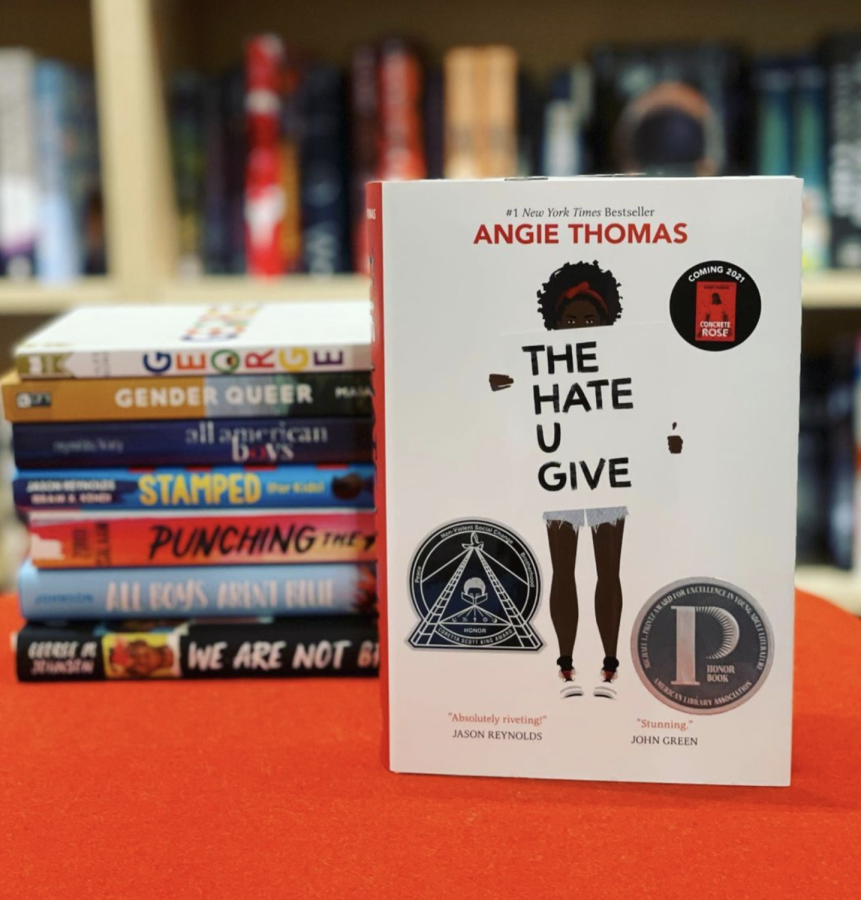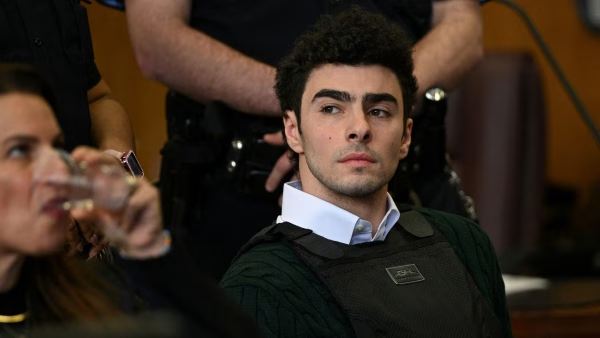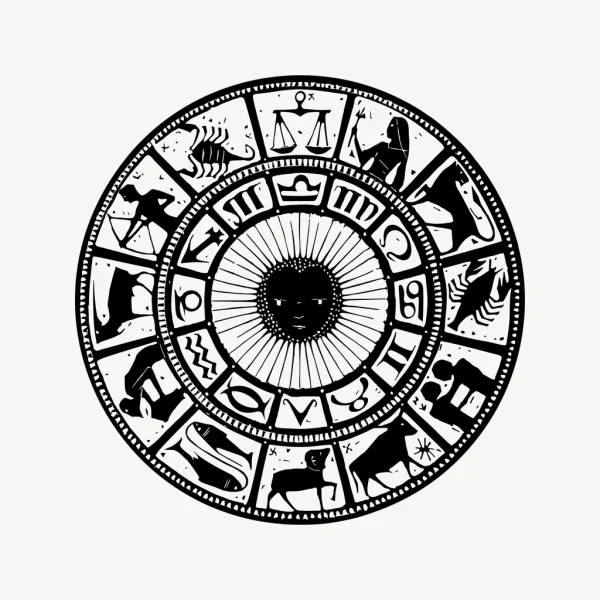Book bannings ignite across the U.S.
March 1, 2022
On Jan. 31, 2022, news of a Tennessee school district’s decision to ban Art Spigelman’s graphic novel, Maus, broke on media outlets across the country. The decision sparked nationwide controversy amplifying the recently growing conversation surrounding book banning and censorship in the United States.
The Pulitzer Prize-winning graphic novel recounts the true and tragic story of Art Spiegelman’s father, a Holocaust survivor. To teach the younger generations about the horrors of the Holocaust in an accessible and understandable way, the story depicts the Jewish people as mice and the Nazis as predatorial cats.
The novel also covers the strained relationship between Spiegelman and his father and seeks to fill the many missing blanks that have riddled historical education in the U.S. for far too long.
The McMinn County School Board unanimously voted to remove Maus from its curriculum, objecting to eight curse words used throughout the novel in addition to imagery of a dead mouse that was used to portray Spigelman’s mother’s suicide.
Despite the backlash from librarians, educators, and members of the Jewish community, the school board refused to reconsider their decision and was adamant that the ban was not due to the subject matter of the novel.
The decision was announced mere days before International Holocaust Remembrance Day, a move that has ignited scrutiny and criticism from the U.S. Holocaust Memorial Museum, the NAACP, and the Anti-Defamation League. These groups, among many others, argue that Maus plays an important role in teaching children about the ways that antisemitism has prevailed and continues to prevail throughout history.
Since the announcement of the ban, sales for Maus have skyrocketed throughout Tennessee and beyond, as parents and educators alike are eager to get the novel into the hands of readers across the country. Donations, fundraisers, and book store partnerships have popped up around the country along with the rapidly increasing demand for the book itself.
Maus is only the first in a string of recent book bannings that have exacerbated concerns about literary censorship throughout the country. On Feb. 2, Tennessee was once again thrown into the public eye after right-wing pastor, Greg Locke, held a community book burning where attendees were urged to burn their copies of Harry Potter, Twilight, and other “occultic materials.”
Despite Locke’s belief that he and his followers have a “constitutional and Biblical right” to destroy these books, many people believe that his actions are reminiscent of the book burnings that took place under the Nazi influence in Germany in the 1930s.
University senior Anya Ciarnello said, “It’s horrifying to see people within our own country trying to repeat one of the most awful parts of history. It’s as if we’ve learned nothing from those before us who tried to limit free thought and ideas.”
According to the American Library Association, there were 330 book challenges in the fall of 2021 alone. This is a major uptick from recent years, and this number promises to grow as various states pass legislation to restrain certain topics from being discussed in classrooms across the country.
Most of the books that have been challenged and banned so far have contained similar features ranging from LGBTQ+ themes to political activism, anti-racism, and other supposedly leftist ideals.
George M. Johnson’s moving memoir, All Boys Aren’t Blue, illustrates their experience as a young, Black, queer person growing up in New Jersey. The memoir tackles themes of racism, homophobia, and transphobia, and has been targeted for removal in 15 different states.
The Hate U Give by Angie Thomas is still the subject of debate throughout much of the country as many right-wing activists believe the book promotes an anti-police message. Despite its popularity, the book is continually challenged and banned year after year.
In response to the rise in book bans, University senior Kiara Ronghan said, “As a kid, I was free to read whatever I wanted to without interference from those in power, and it scares me to see how many books have been banned from the school curriculum. I think it shows that there’s an overabundance of fear, especially within specific parts of America.”
These are just some of the books that have been targeted and taken off the shelves in recent years. As censorship efforts continue to increase, many educators and librarians have also expressed concern for their safety as many view them as the purveyors of literature in society. Recently, there has been a startling rise in criminal charges against librarians for carrying explicit books, or for speaking out against book banning efforts.
Ronaghan later continued, “I think that school systems and parents are forgetting that books are actually the tools that allow for the youth in this country to learn from the mistakes the older generations made and grow as people.”
While it is unclear whether book banning efforts will become more severe in the future, educators and activists continue to push back against these changes in an effort to create a world where the generations of tomorrow will never have to worry about the freedom of their thoughts, ideas, opinions, and identities.












